COP28: The Elders welcome the beginning of the end for fossil fuels, but call for more urgent ambition at future COPs
Statement: The Elders welcome the signal from COP28 that the fossil fuel era must end. But the actions agreed in Dubai are too little, too late. World leaders need more urgent ambition in addressing the existential threat of the climate crisis, and supporting the most vulnerable.
COP28’s call for a transition away from fossil fuels is a historic step. But that transition needs to be rapid and fully funded, cover all sectors, and involve all countries. The science is clear that phasing out all fossil fuels is essential if the global temperature increase is to be limited to 1.5°C.
Phasing out fossil fuels was not agreed in Dubai. More steps to accelerate a comprehensive transition away from fossil fuels are urgently needed. To deliver the Paris commitments agreed in 2015, emissions must peak by 2025, and decrease by at least 43% by 2030. Tripling renewable energy by 2030 is necessary, but insufficient. The loopholes in the COP28 texts allow emissions to keep growing.
We regret that progress was held back by Saudi Arabia, its Gulf allies and other wealthy countries. They cannot stop the actions needed. Countries who depend on fossil fuel revenues, particularly poorer ones, need support to reconfigure their economies for a greener future.
We welcome initial pledges to the loss and damage fund, and recognition of the need for innovative sources of finance. The Global Goal on Adaptation requires further targets and timelines for implementation. The countries who need and deserve help responding to the climate crisis should not wait any longer for promised money that never arrives.
Future COPs need to agree diverse sources, such as international taxes, to finance a just transition to clean energy and support the most vulnerable. Repurposing the trillions currently spent subsidising fossil fuels would help. Significantly more money from the International Financial Institutions and private sector investment is also needed. Without more clarity on where the money will come from (based on common but differentiated responsibilities) and credible timelines, the gap between promises and delivery will widen.
COPs are imperfect, but the best process we have for tackling the climate crisis. They require all nations to collaborate, and leaders to take a long view and act on what matters most. The UAE Presidency played its role but did not always manage proceedings in an inclusive and transparent way. Confirming the final decision without the small island states in the room was wrong. They have the most to lose. Their voices should be heard.
The fossil fuel era will end eventually. COP28 finally acknowledged that necessity. We urge all leaders in politics, business and civil society to accelerate the inevitable. People’s ambition for a safer, cleaner, fairer future is increasingly visible across the world. That ambition can deliver climate justice for current and future generations. In the hottest year we have ever seen, the science – and our shared humanity – demand no less.
Mary Robinson, former President of Ireland and Chair of The Elders
Ban Ki-moon, former UN Secretary-General and Deputy Chair of The Elders
Graça Machel, Founder of the Graça Machel Trust, Co-founder and Deputy Chair of The Elders
Gro Harlem Brundtland, former Prime Minister of Norway and former Director-General of the WHO
Helen Clark, former Prime Minister of New Zealand and former head of the UN Development Programme
Elbegdorj Tsakhia, former President and Prime Minister of Mongolia
Zeid Ra’ad Al Hussein, former UN High Commissioner for Human Rights
Hina Jilani, Advocate of the Supreme Court of Pakistan and co-chair of the Taskforce on Justice
Ellen Johnson Sirleaf, former President of Liberia and Nobel Peace Laureate
Ricardo Lagos, former President of Chile
Juan Manuel Santos, former President of Colombia and Nobel Peace Laureate
Ernesto Zedillo, former President of Mexico
14/12/2023



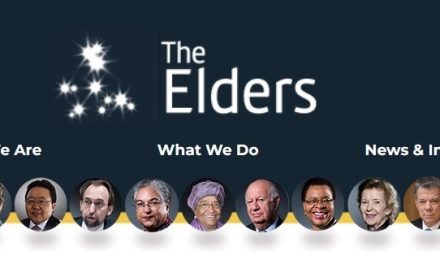

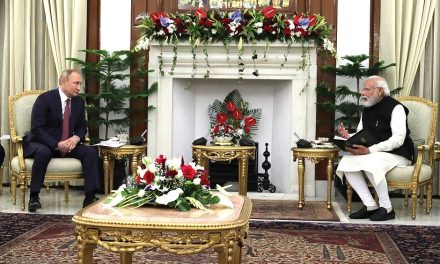

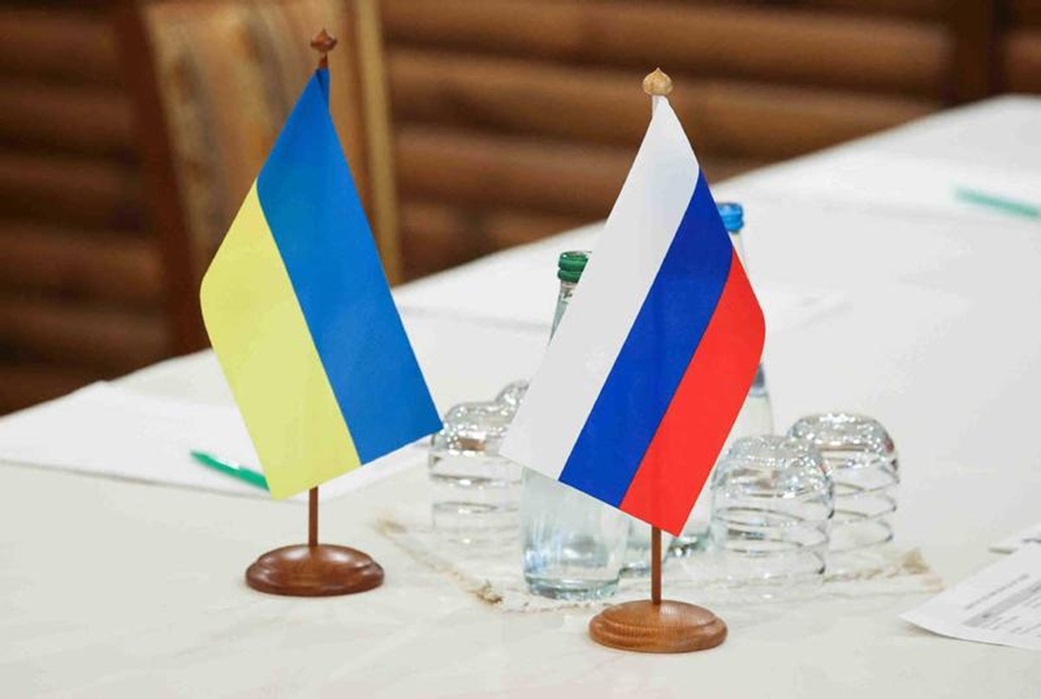
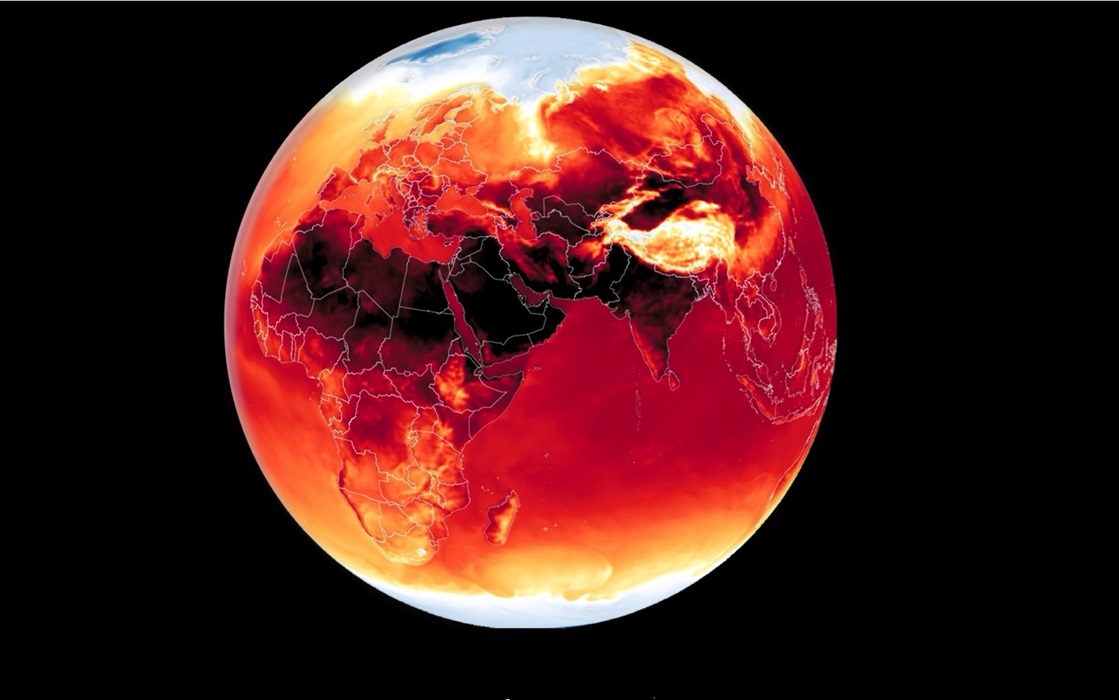

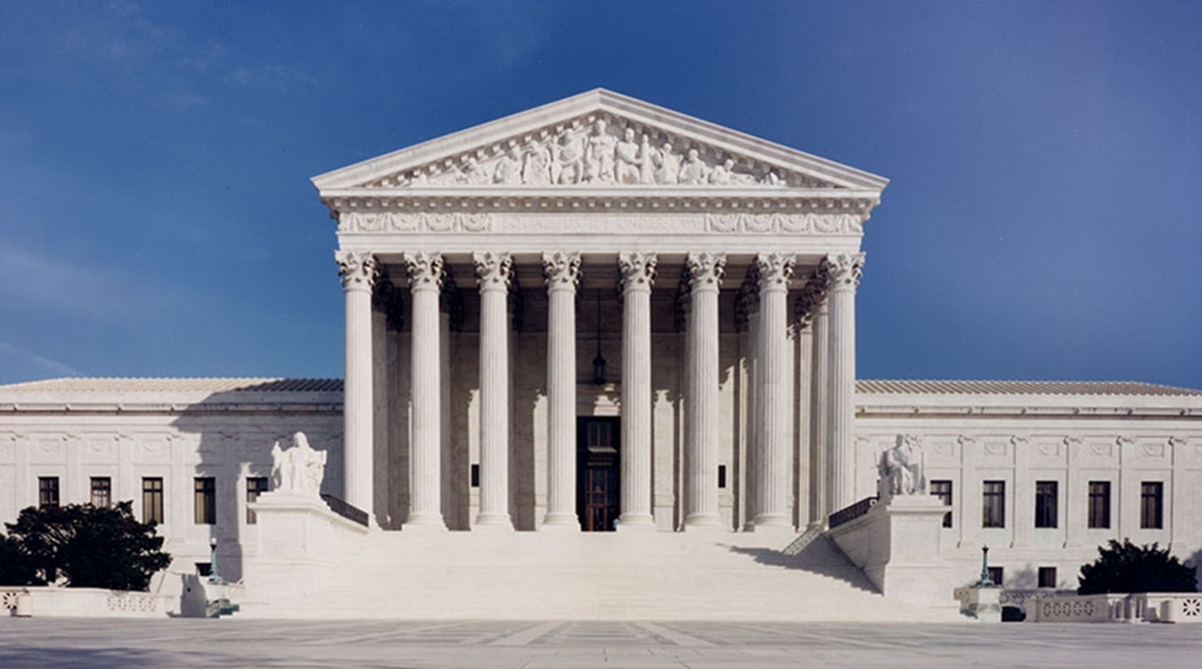
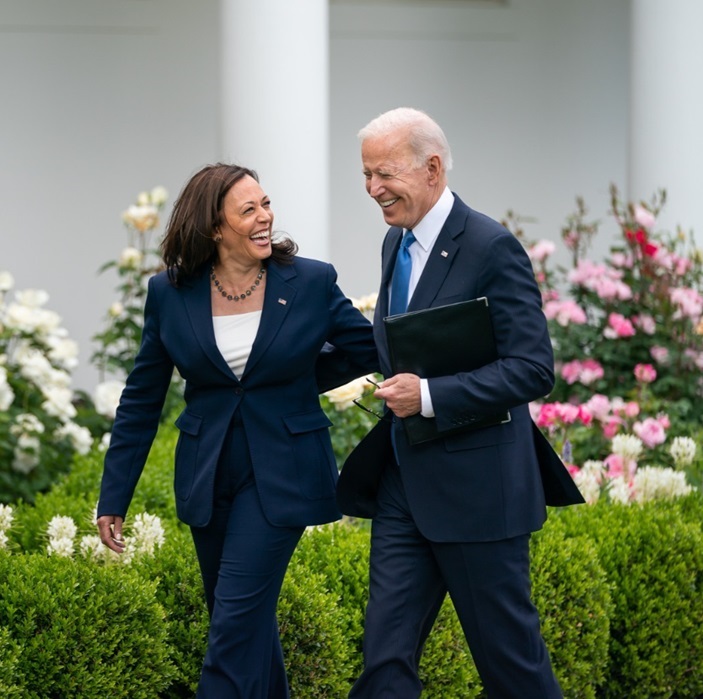
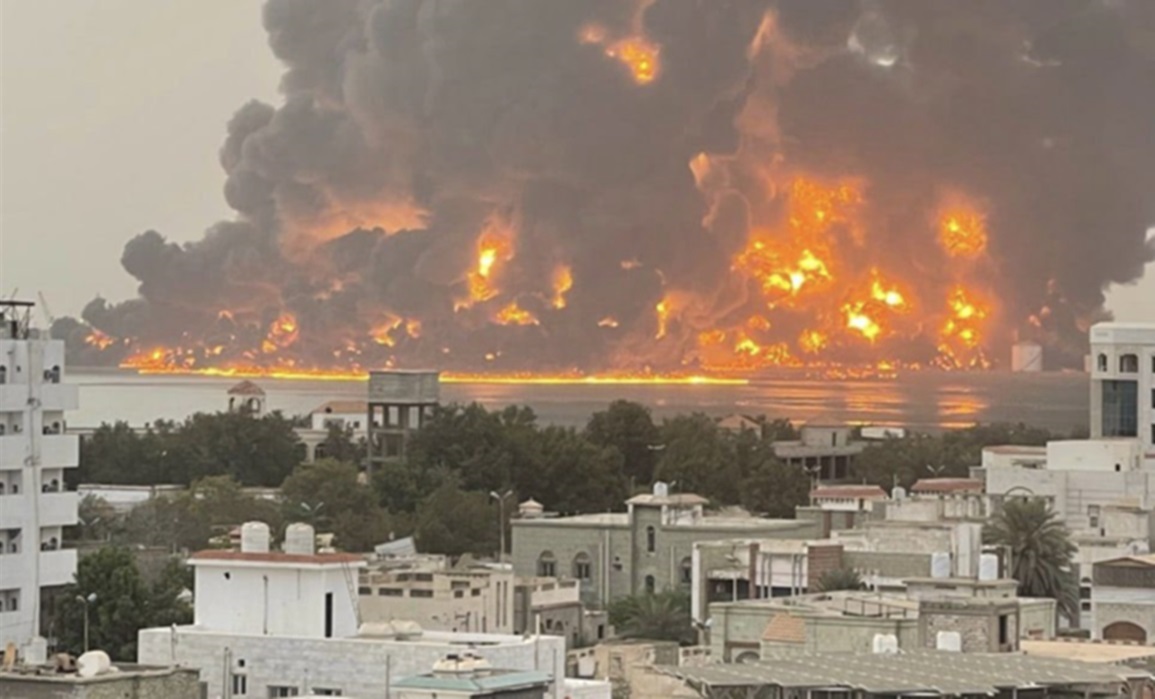

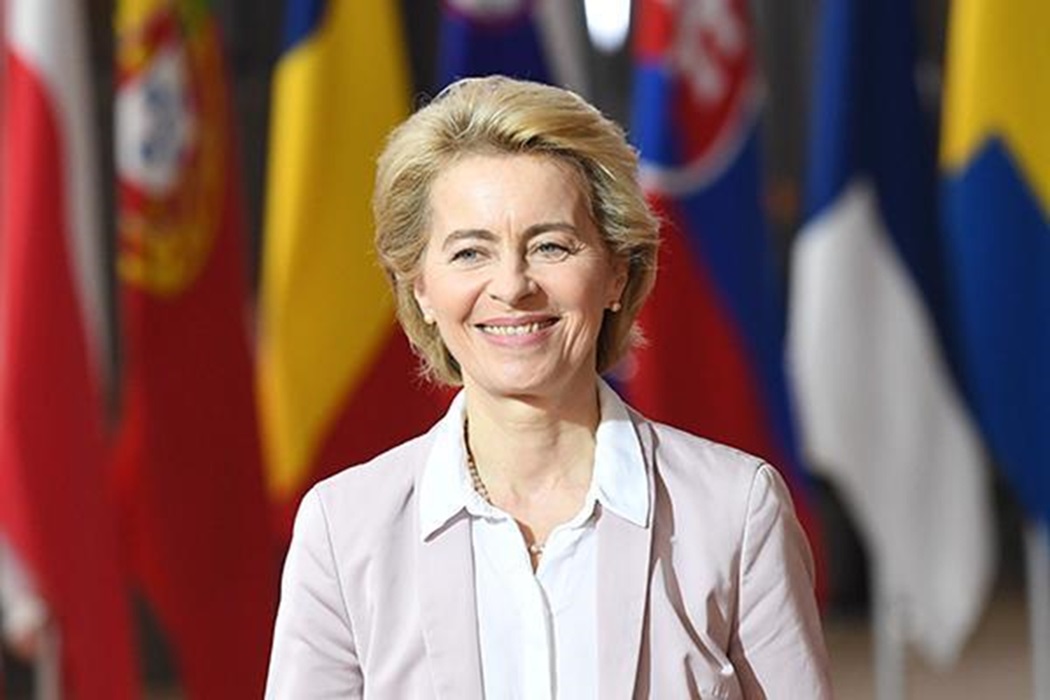
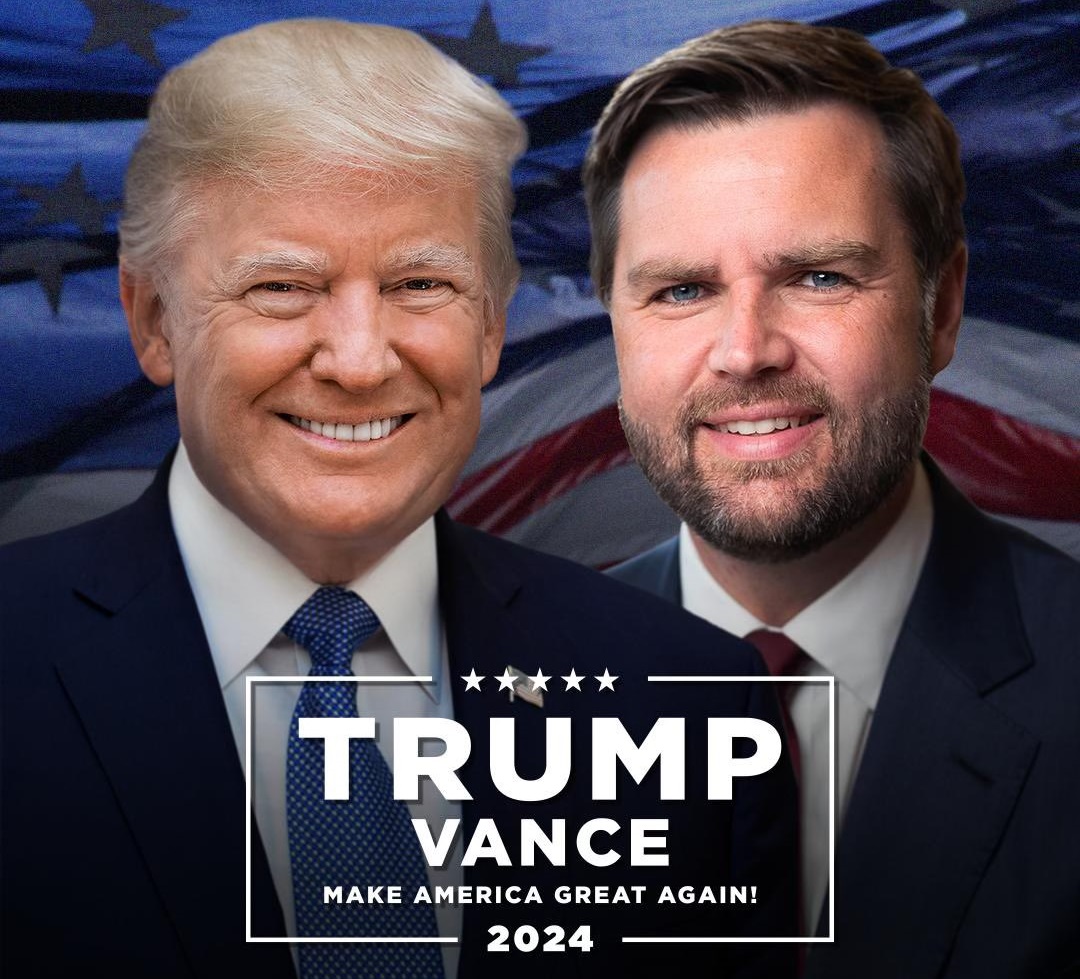

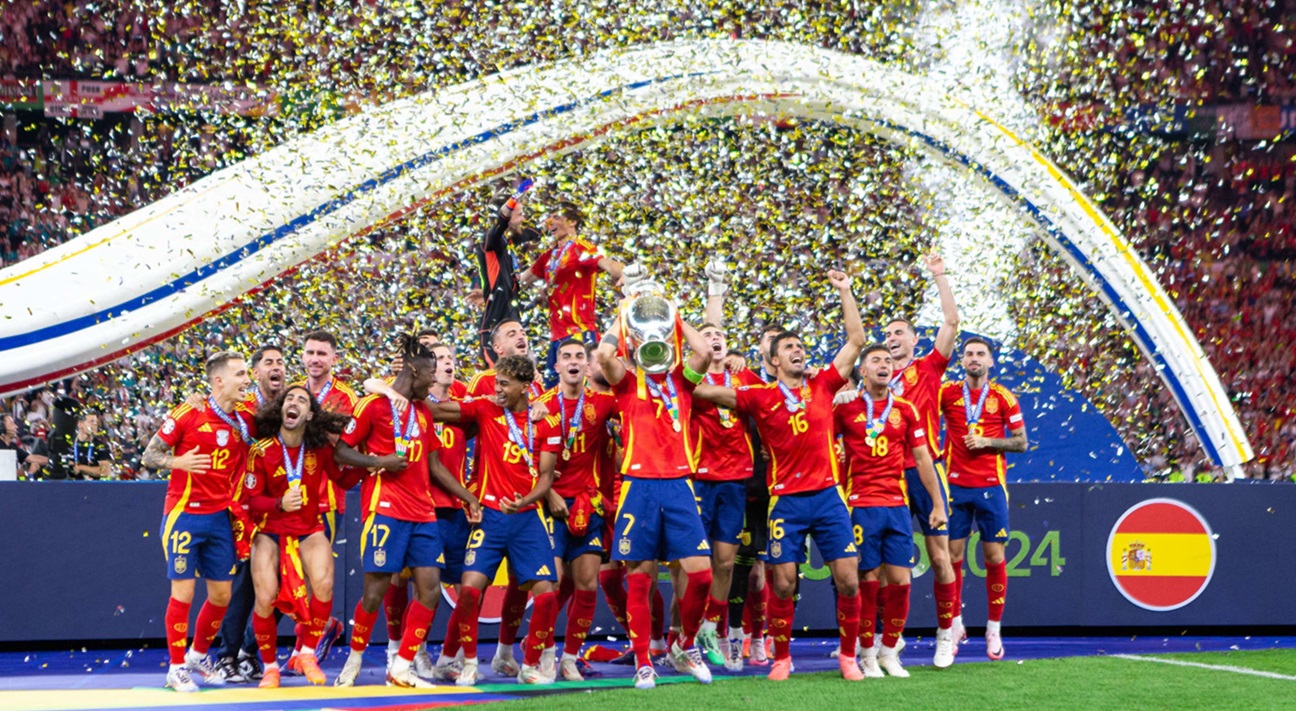
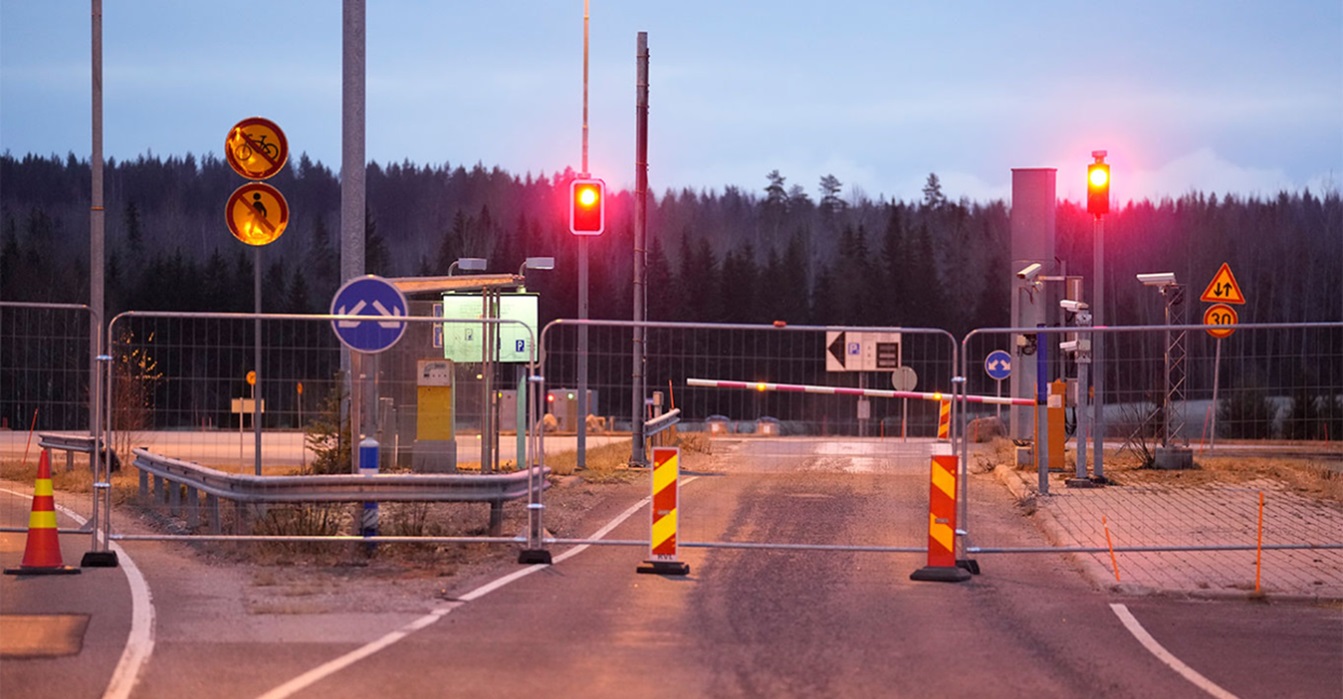
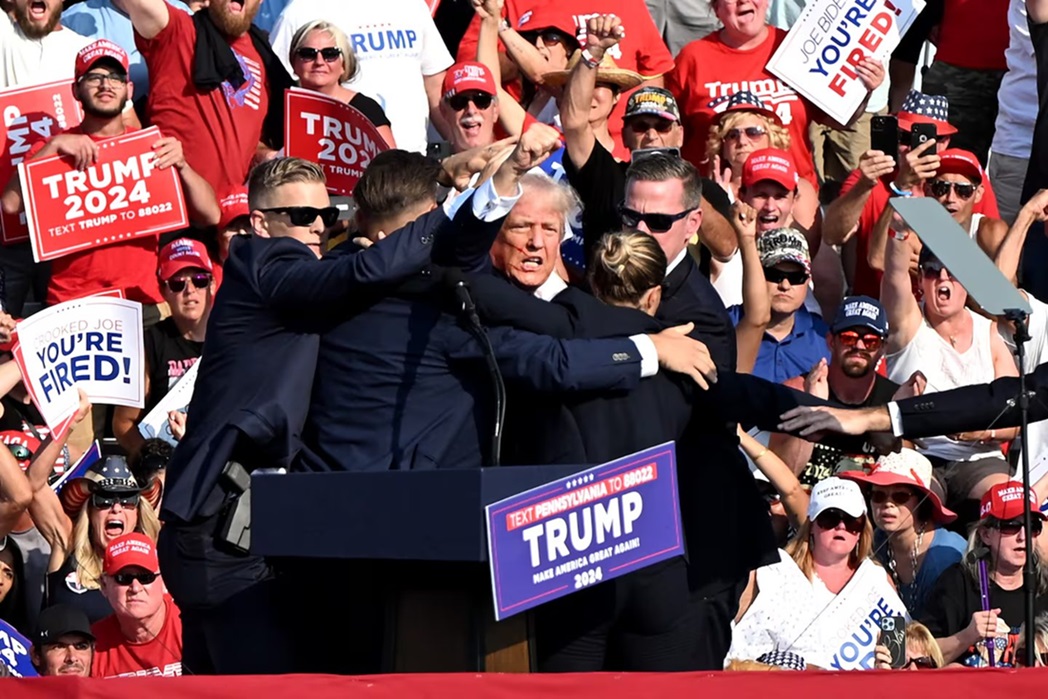
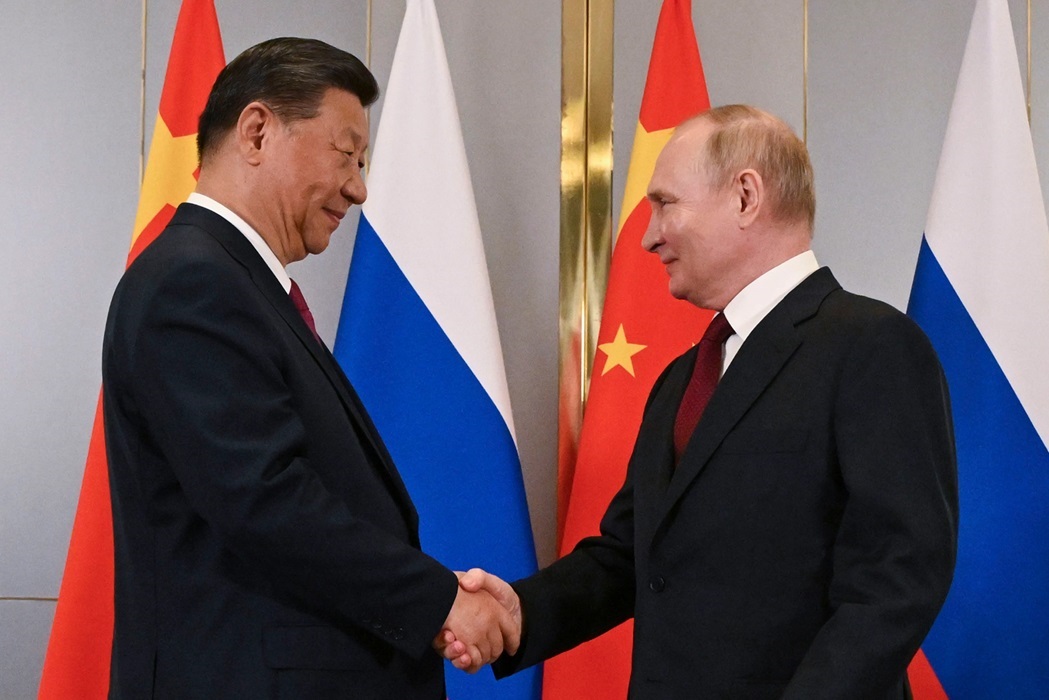

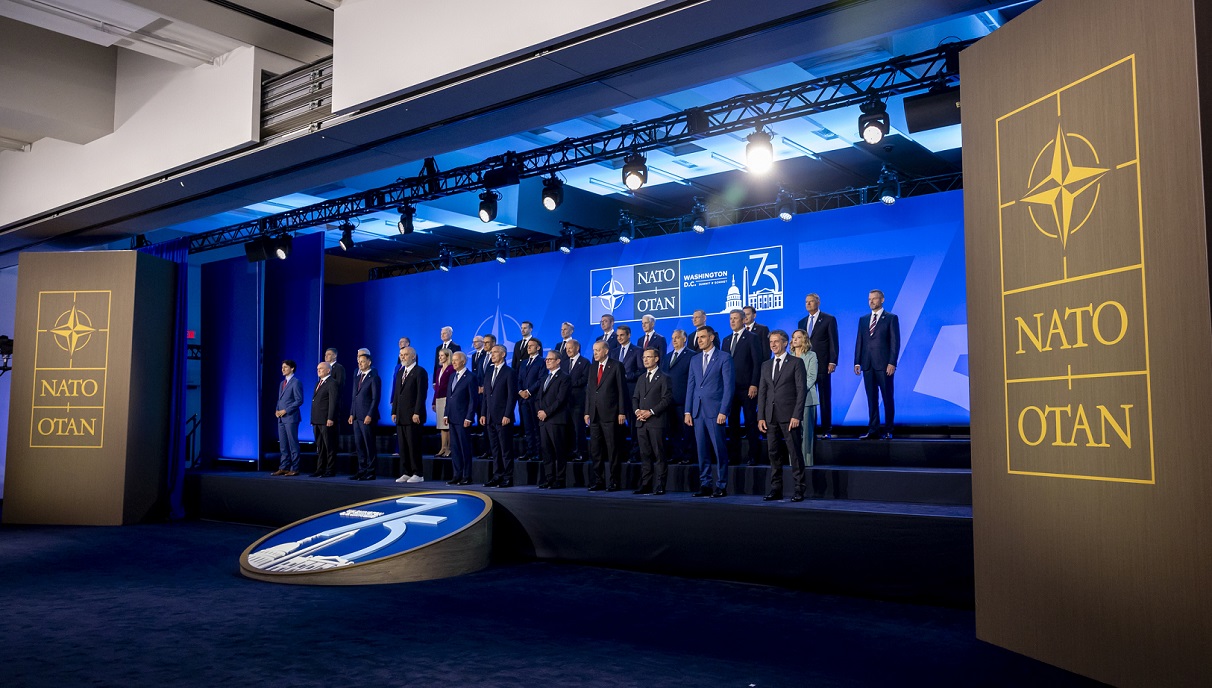
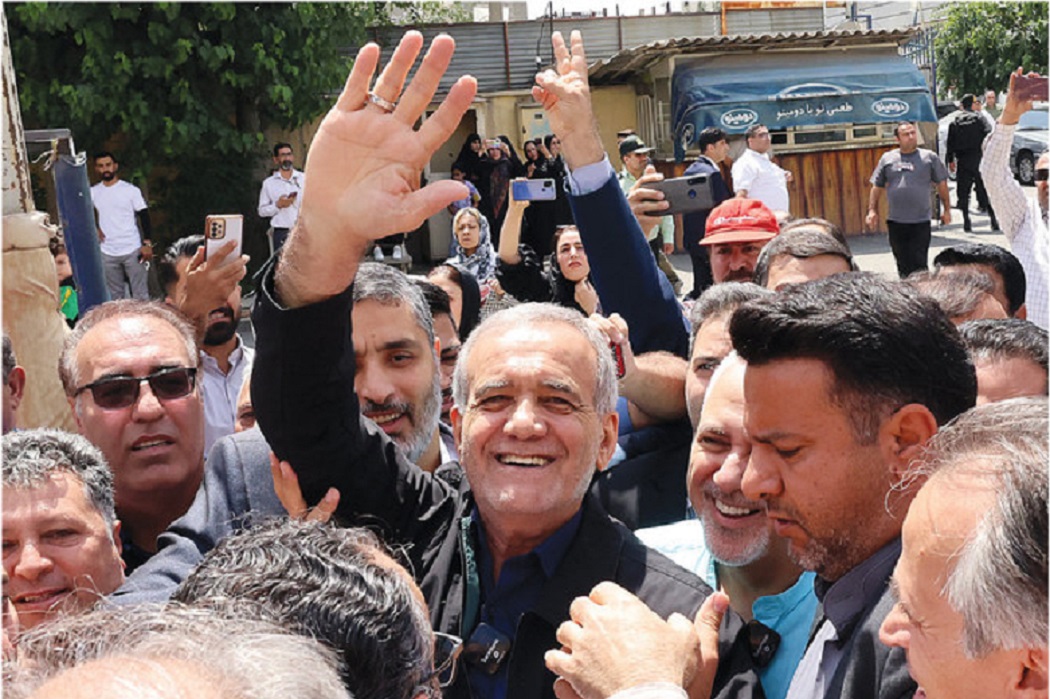

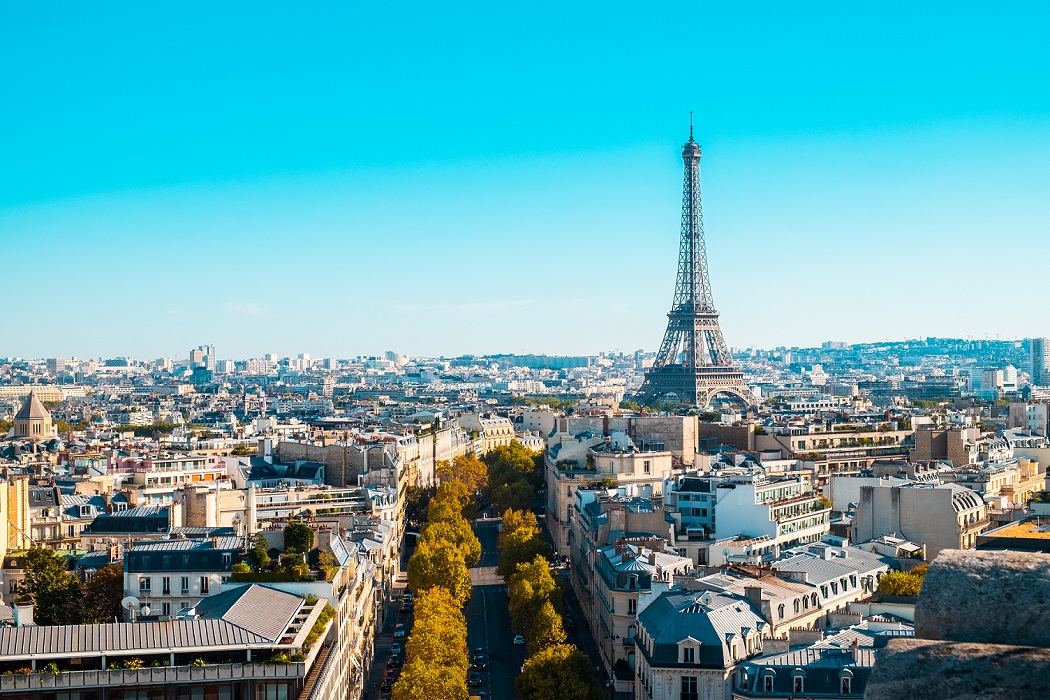
Like your web site. Will certainly come agin again.